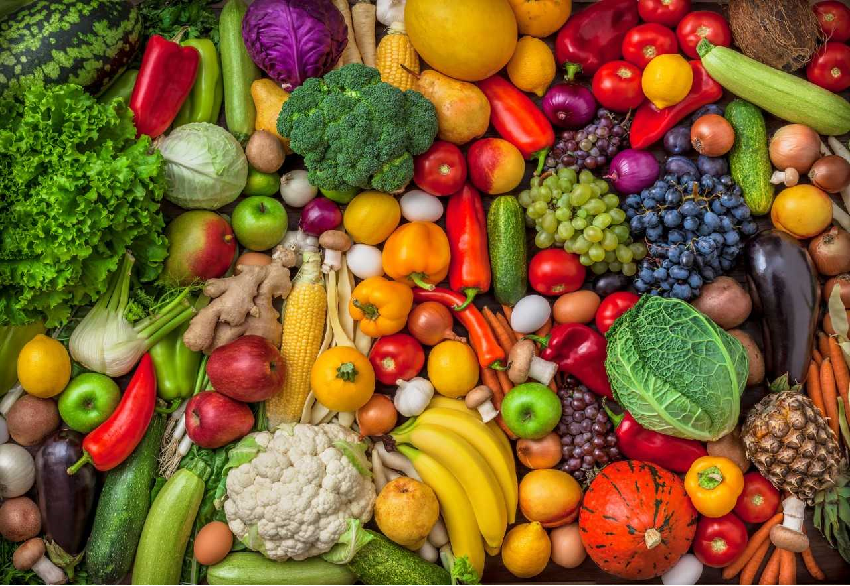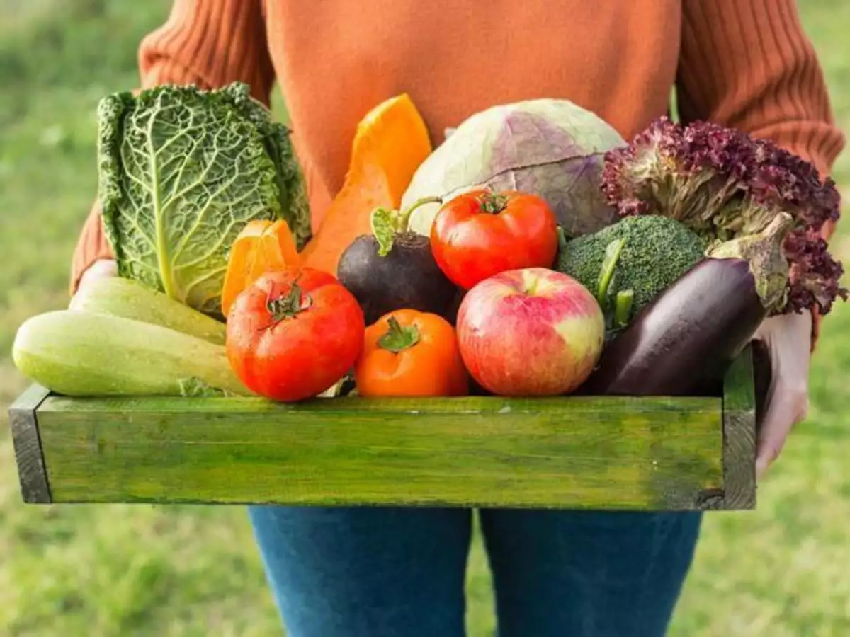
09 Aug Importance of including vegetables and fruits in the diet
Vegetables and fruits are essential elements in a healthy diet. People who include this food group as part of a healthy diet are less likely to develop noncommunicable diseases such as heart disease and various types of cancer.
Despite the fact that they are versatile, easily accessible, and cheap foods. Many people do not consume them due to a lack of creativity in their preparation. In addition to the fact that many myths surround their consumption.
According to the World Health Organization, an estimated 3.9 million deaths in 2017 were due to improper consumption of fruits and vegetables.
The Best Way To Consume Fruits And Vegetables

There is a mistaken idea that raw vegetables are more nutritious than cooked ones. Although fresh vegetables contain more vitamin B and C. Some vegetables are more nutritious when cooked, such is the case of asparagus, tomato, mushrooms, pepper, spinach, carrot, and cabbage. In the case of fruits, cooking is not recommended. It is preferable to consume them fresh, very well washed, and with the peel.
Are Frozen Ones Worth It?
Frozen vegetables retain the same nutritional properties as fresh ones, they can even be healthier, this is because they are harvested at their peak of ripeness (when they are more nutritious), on the other hand, many of the fresh products that are sold ( especially in supermarkets), they are harvested before they are in their optimum state.
The evidence suggests that the nutritional value of frozen and fresh vegetables and fruits is very similar, this does not apply in the case of canned foods, which tend to lose many nutrients during the conservation process, with the exception of tomatoes.
The Importance Of Respecting Time
Mother Nature is so wise that she offers vegetables according to genetics (geographical area) and nutritional requirements according to the season, for example, in spring we are full of vegetables rich in beta-carotene (mango, peach, papaya, peppers), because these substances they protect the skin from the sun’s rays, while in winter vegetables rich in vitamin C (guava, strawberry, tejocote, garlic, beets) stand out, which strengthens the immune system. Likewise, a study published in the “International Journal of Food Sciences and Nutrition” compared the vitamin C content of in-season and out-of-season broccoli, finding that the latter provided only half of the vitamin C.
Consume Local
In addition to favoring the economy of national producers, consuming local food reduces CO2 emissions, helps preserve green spaces, has a greater variety of food, tends to taste better, and generates a greater connection between the community.
It is very important to properly wash the vegetables with drinking water and a scourer, grass, or brush (as the case may be), and disinfect them with chlorine or any other disinfectant product.
Convince Yourself!
Vegetables and fruits have many health benefits.
- They are an important source of nutrients, among which vitamin A, C, folate (folic acid), and potassium stand out.
- They help lower bad cholesterol or LDL and increase good cholesterol (HDL).
- They promote gastrointestinal health and reduce constipation and diverticulosis.
- They are ideal for slimming diets because they are -very- low in calories and rich in fiber.
- They help maintain a good water balance in the body.
Including vegetables and fruits as part of a healthy diet can protect against certain types of cancer, and reduce the risk of heart disease, obesity, and type 2 diabetes.
You may like to read 8 basic tips to take care of baby skin



Sorry, the comment form is closed at this time.